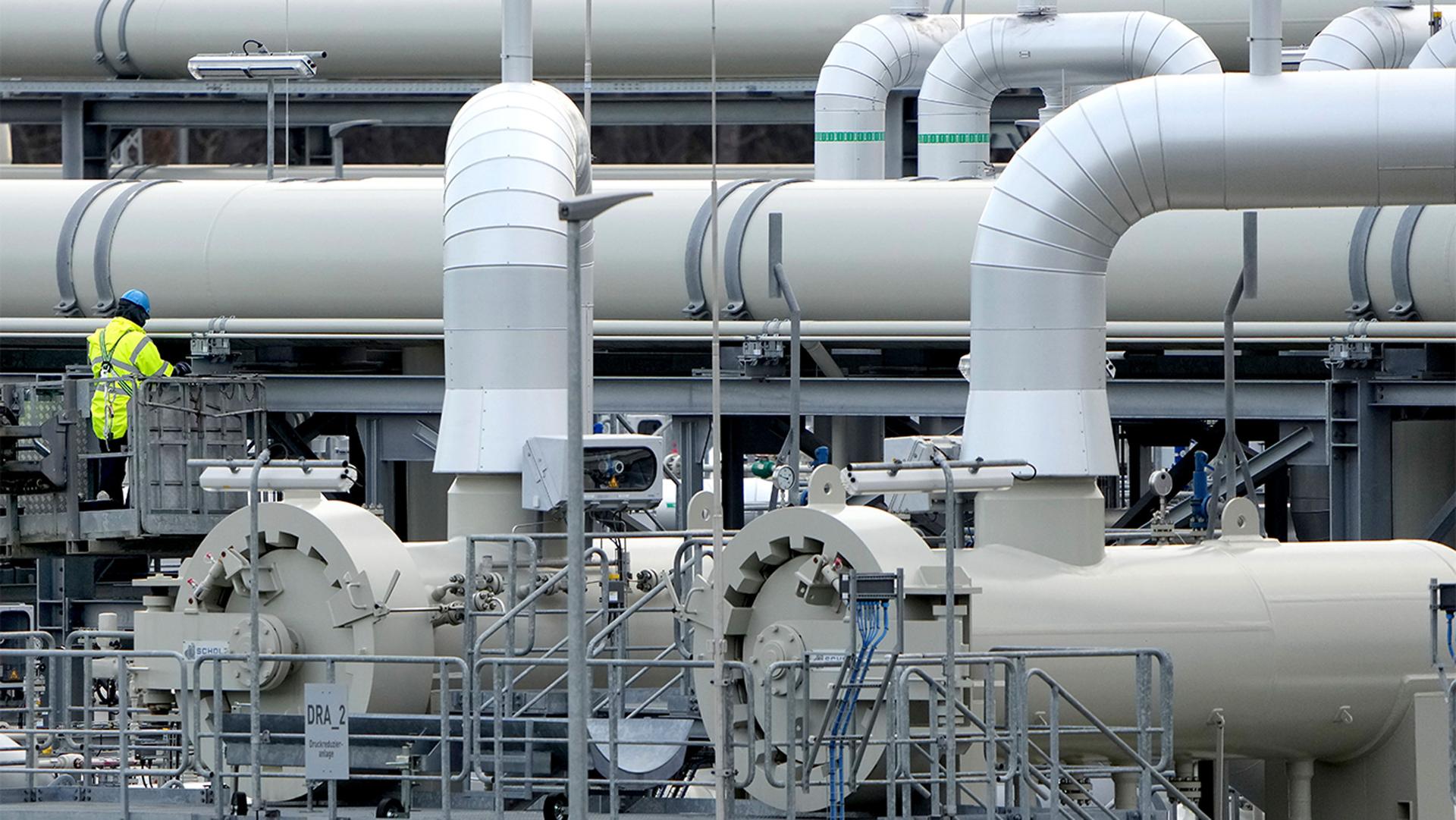Russia is a global energy powerhouse — it supplies about 10% of the world’s oil supplies and 40% of Europe’s natural gas. So, the raft of economic sanctions on Russia has been rattling energy markets worldwide.
“We’ve seen a pretty dramatic rise in oil prices over the last several weeks that are now over $100 a barrel for the first time since 2014 … and that’s likely to increase as more sanctions are placed on Russia.”
“We’ve seen a pretty dramatic rise in oil prices over the last several weeks that are now over $100 a barrel for the first time since 2014,” said Gregory Brew, who studies energy policy at Yale University, adding, “And that’s likely to increase as more sanctions are placed on Russia.”
Related: Poland prepares to accept thousands of refugees from Ukraine
Sanctions have not yet been aimed directly at Russia’s oil and natural gas exports — allowing both to continue flowing — but they’re likely to hike gas prices at the pump in the United States.
Brew added that those prices could continue to rise if the war extends several more weeks — if not months — given the intensity of Ukrainian resistance against Russian attacks.
Related: ‘It was like a nightmare’: Russians react to news of Putin bombing Ukraine
However, price hikes could also be mitigated by a variety of factors, according to Brew. OPEC is meeting this week and could consider increasing its own production, he said.
Also, if a nuclear deal is reached with Iran in Vienna, it could mean an increase in Iranian oil production. Meanwhile, US companies could choose to increase their own investments and produce more of their own oil, Brew said.
When it comes to natural gas, Brew said that Europe’s decadeslong dependence on Russia’s supply is now threatening longterm energy security, but could also set off a shift for Europe to move away from relying so heavily on Russia.
“I think this is almost certainly going to set off a longterm shift in Europe as they move away from accepting large amounts of Russian natural gas.”
“Europe has been dependent on Russian natural gas for years, if not decades, at this point,” he told The World. “So, this has really caused a crisis in longterm European energy security. In the short term, inventories in the EU and Europe would probably allow
states to last a couple of weeks. But I think this is almost certainly going to set off a longterm shift in Europe as they move away from accepting large amounts of Russian natural gas,” he said.
Related: How effective are sanctions against Russia?
Brew added that the current situation is likely to make major companies like BP become more wary of doing business with Russia in the future.
“A crisis like this makes Russia a dangerous partner with which to do business,” he said.
“I think this crisis is really going to show the volatility of oil and gas and may in fact accelerate an energy transition towards renewable sources.”
“I think this crisis is really going to show the volatility of oil and gas and may in fact accelerate an energy transition towards renewable sources,” he added.
To listen to the full story, click the audio player above.
